In an extraordinary and widely shared clip, Brenda Biya, the daughter of Cameroon’s long serving president, has publicly urged Cameroonians not to vote for her father in the October presidential election. The appeal was delivered during a live social media appearance and quickly spread across TikTok, Twitter and other platforms, forcing a fresh reckoning about power, family and politics in a country already bracing for a tense vote.

The basics are simple and startling. Brenda Biya appeared online and told viewers she could not in good conscience ask people to reelect Paul Biya, who has governed Cameroon for more than four decades and is seeking another term in the October contest. The message was short but direct and it immediately became one of the most discussed items in Cameroonian public life that day. Journalists and independents are amplifying the clip because it is rare for a close family member of an incumbent to voice such an explicit public break.
To understand why this matters, a quick political snapshot helps. Paul Biya has been president since 1982 and he is now in his nineties. He confirmed his candidacy for another term even as opposition figures and rights groups have raised concerns about the electoral environment and freedom of expression. Recent months saw major controversy when the electoral commission or courts disqualified or rejected prominent opposition candidates, a move that observers say narrowed genuine contestation and raised the stakes for whatever opposition remains. In that context a public appeal from a president’s daughter hits the headlines partly because it changes the political story line in a compact and dramatic way.
What did Brenda actually say. Reports quote her asking people not to vote for her father and attributing blame for persistent problems in the country such as high unemployment and stagnation. The appeal came from a platform where she is already visible, and because it was recorded live the broadcast looked spontaneous rather than scripted. That spontaneity is central to why the clip resonated. It bypassed normal channels of controlled messaging and put a private family disagreement into public view.
The reaction was immediate and mixed. Some Cameroonians and commentators praised the courage of a family member speaking plainly, seeing it as an unusual act of conscience in a political culture that often discourages dissent. Others pushed back, noting the irony that someone with access and privilege might be perceived as insulated from ordinary hardships. International media picked up the story quickly and it circulated in francophone and anglophone outlets alike, adding pressure on a government that has in the past been sensitive to public narratives about the presidency and its health.
There are several layers of consequence to consider. First is the immediate political effect. In a contest where significant candidates have been sidelined and trust in institutions is fragile, an unexpected public plea from the president s daughter can energise certain segments of the electorate who are already frustrated while also providing political ammunition to opponents and critics. At the same time it risks being viewed as an isolated personal outburst rather than a broad political realignment. How voters interpret a family member s appeal depends heavily on the local news horizon and the credibility the speaker holds across different demographic groups.
Second is the security and legal environment. Cameroon has in recent years moved to limit public discussion about some sensitive topics, including the president s health, under claims of national stability. That context means public statements touching on the presidency often orbit intense scrutiny by officials and by the state s security apparatus. The government has historically shown little tolerance for what it deems destabilising narratives. That makes it harder to predict whether the clip will be treated as an aberration or as a provocation that triggers official response.
Third is the human story behind the headlines. Family disputes in powerful households are rarely only political. They reflect generational differences, private grievances and competing visions for the country s future. Brenda Biya has for years had a public profile of her own and has previously engaged in acts that drew strong reactions. The new intervention reads as a personal break with an established family posture and, for many observers, it raises questions about how political dynasties manage dissent from within. Reporting on the clip has tried to balance the political angles with sensitivity to the private family dynamics involved.
What the wider world is watching for now is how institutions respond. Will electoral bodies and security services treat the appeal as a simple social media incident or will they move to investigate the origins and motives behind the broadcast. Will the campaign ecosystem use the clip to reshape messaging, or will the government step in to discredit or silence the voice? Past episodes in the country suggest that state levers can be used to manage narratives when authorities consider them a threat to stability, and media organisations are monitoring the situation closely for signs of escalation.
For citizens the clip will matter in different ways. For those who already oppose the incumbent it is a boost of symbolic legitimacy, a sign that even within the president s family there are doubts about another term. For voters who are undecided it is a new element in a crowded information field, one that will either reinforce existing hunches or be dismissed as family drama. For the international community the episode will be another data point in assessing the fairness and openness of the electoral process in Cameroon. Observers who follow elections closely will watch whether this alters turnout calculations or protest dynamics in the run up to October 12.
Finally there is the question of aftermath. History shows that unexpected interventions by well known figures can either catalyse further debate or be contained quickly by institutional responses. The scale of impact depends on follow up actions, on whether other voices in the president s circle add their own calls, and on how the state and media choose to frame the story. For now the clip is a potent reminder that personal convictions sometimes break through political scripts in ways that are hard to predict and, when they do, they force a country to look again at questions of leadership, legitimacy and the limits of private dissent in public life.
Sources and further reading:
Africanews coverage of the video and initial reaction.
SaharaReporters report on the TikTok live where Brenda Biya addressed voters.
Reuters background on the election and recent candidate disqualifications.
Associated Press reporting on the electoral context and concerns about fairness.
Reporting on restrictions around discussing the president s health and its political sensitivity.

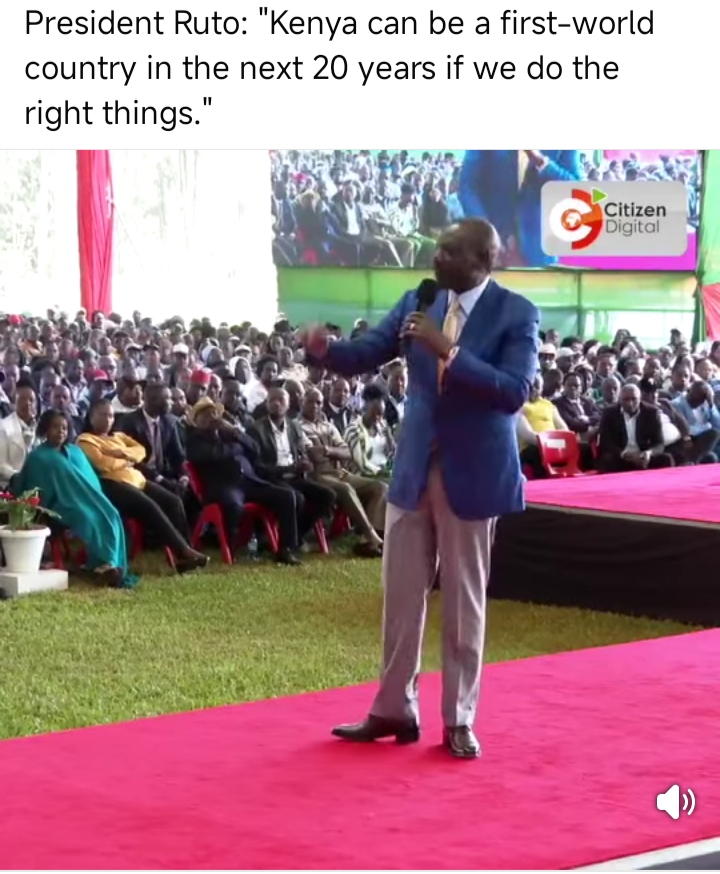
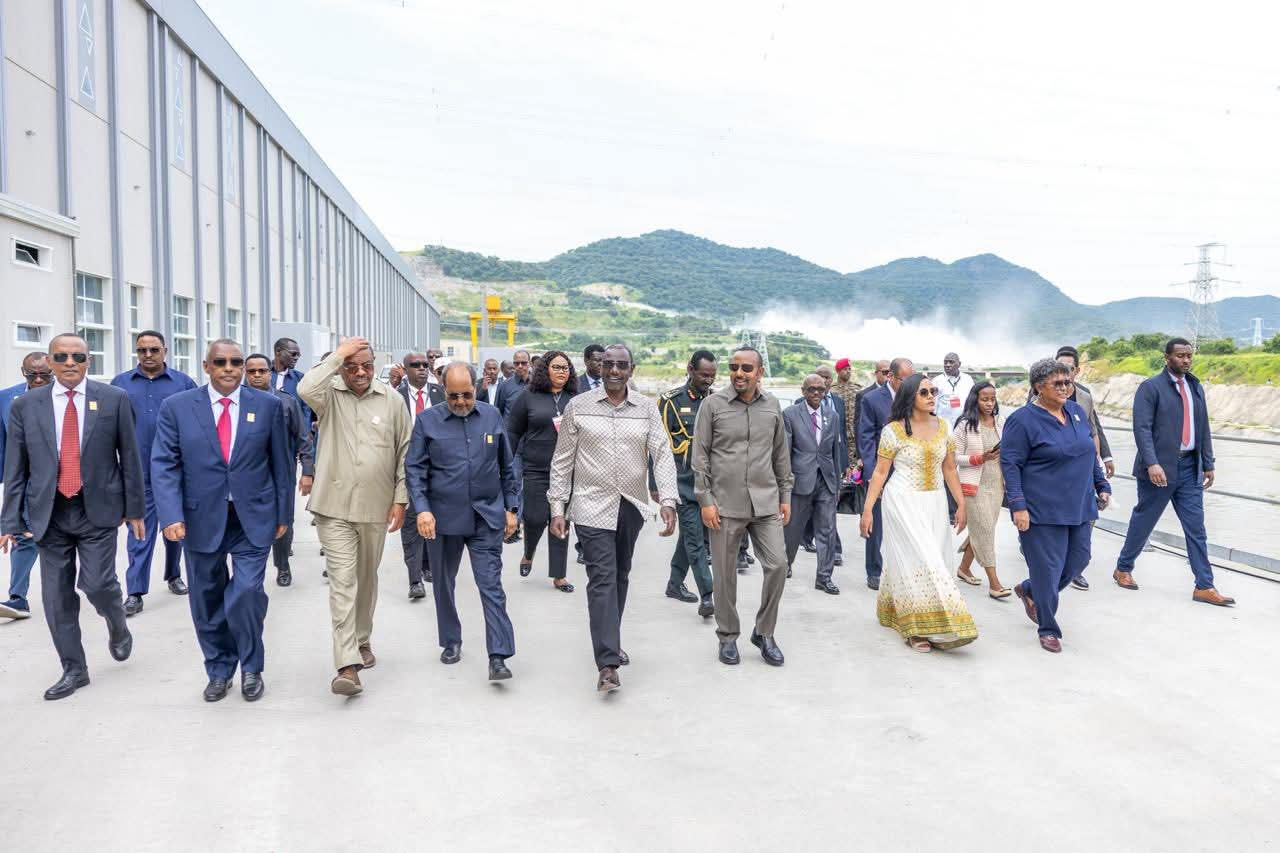
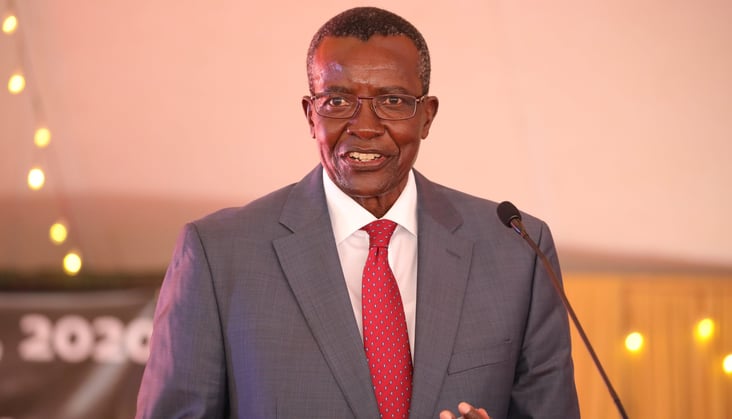
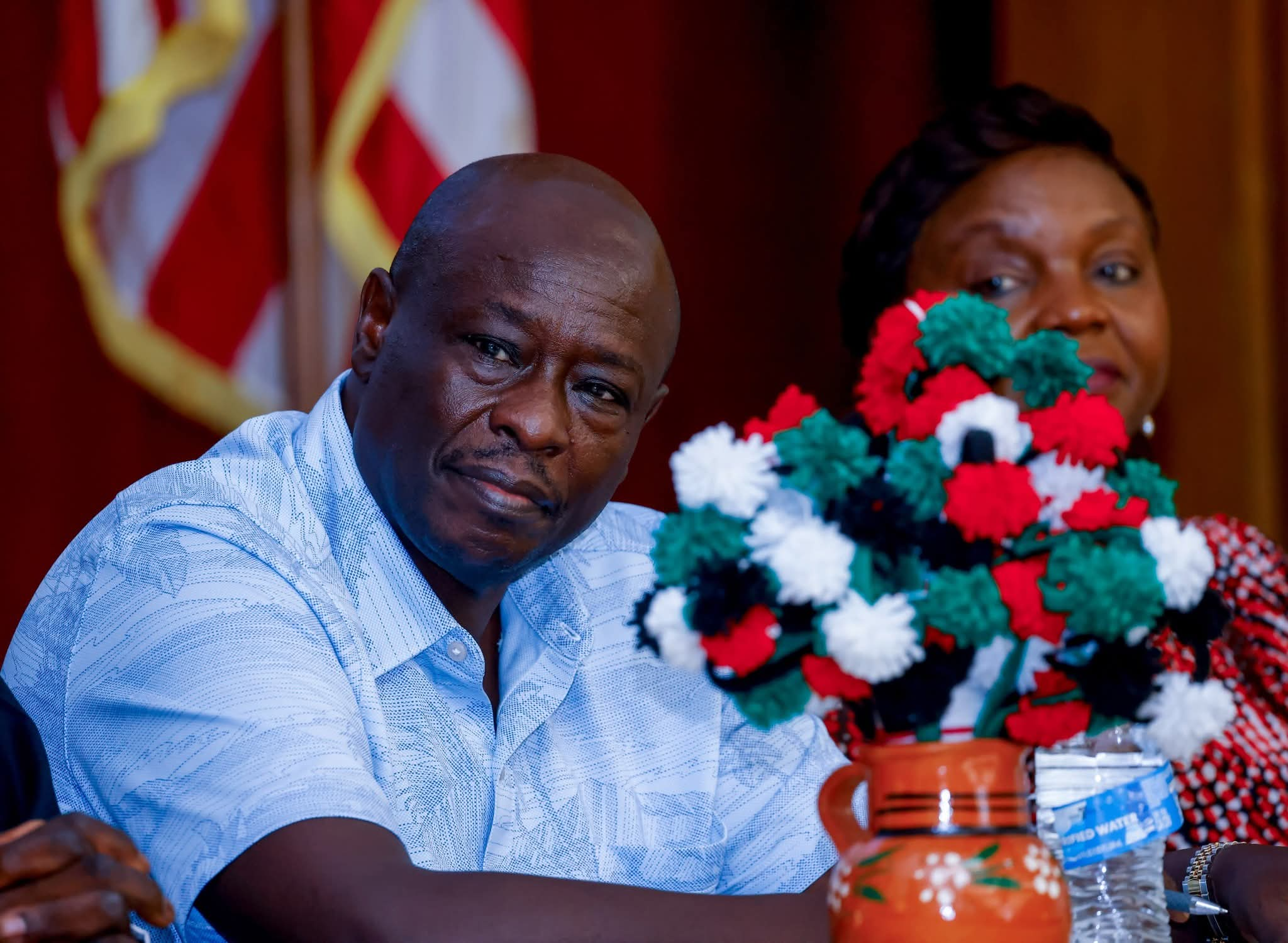
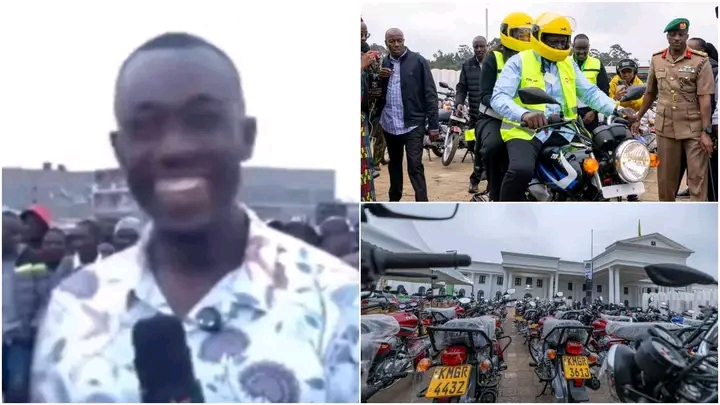

Comments (0)